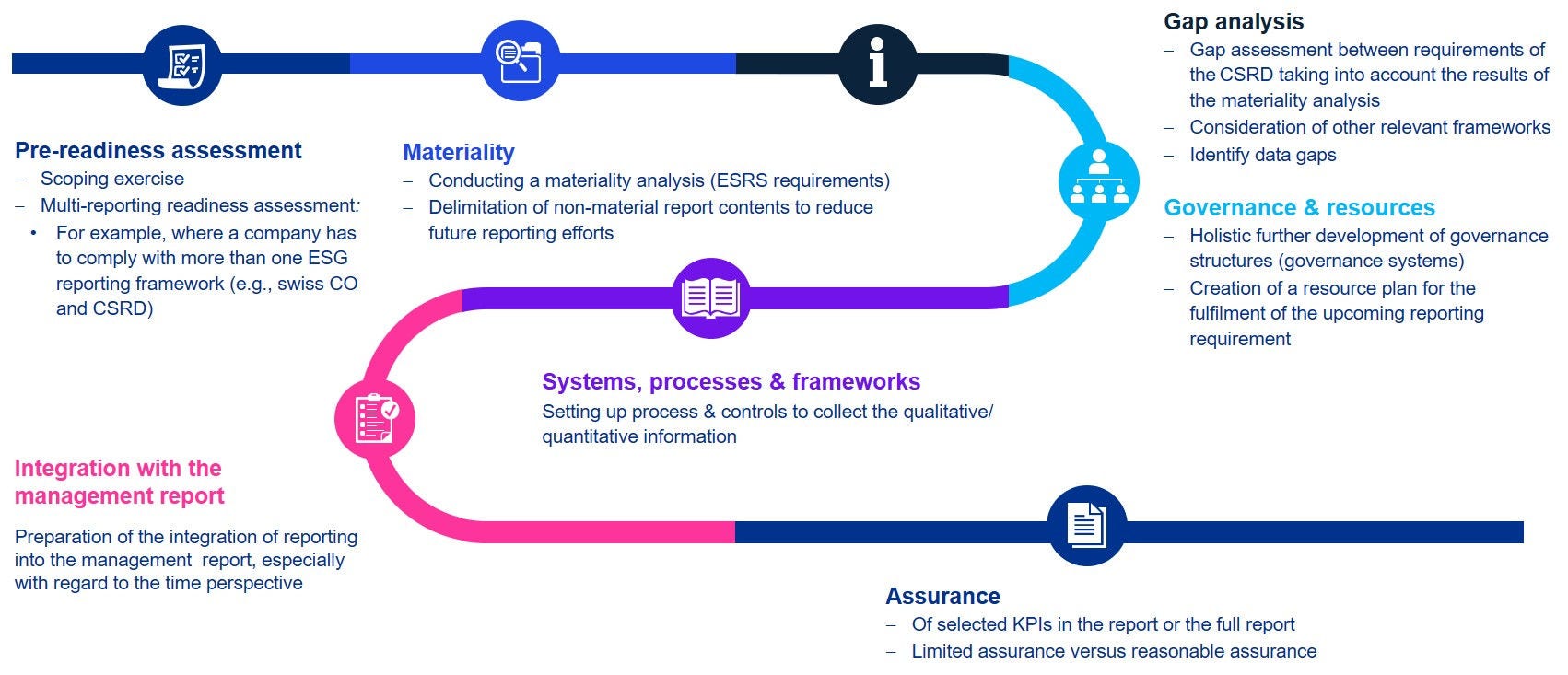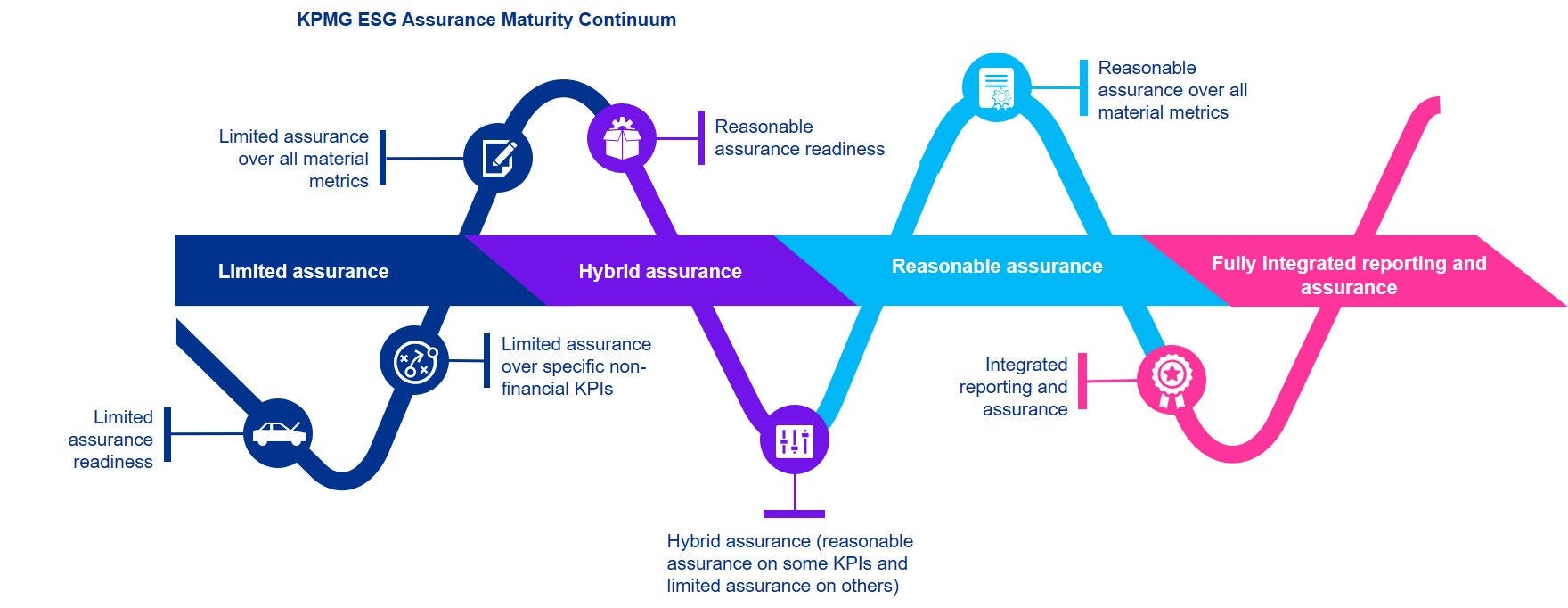Companies and the capital market play a key role as we transform our current economic system into a sustainable model. Investors and consumers alike expect – and need – more transparency on companies' sustainability strategy and performance. At the same time the pressure from regulators increases.
This is essential to enable a functioning market and ensure that the necessary funding flows into suitable projects as well as assessing whether the path taken is the right one.
Swiss companies are particularly affected by a large number of different legal requirements that can impact on different parts of the company depending on its capital market orientation and Group structure.
In addition to country-specific regulations in various subsidiaries, two main legal developments are particularly relevant: The amended Code of Obligations and the Corporate Sustainability Reporting Directive (CSRD). Taken together with other regulations, these will define the compliance environment and access to the European Union market.
Hence, communicating on an organization’s ambitions, targets and actions in a compliant and inspiring way is not an optional exercise anymore, but a mandatory requirement.










